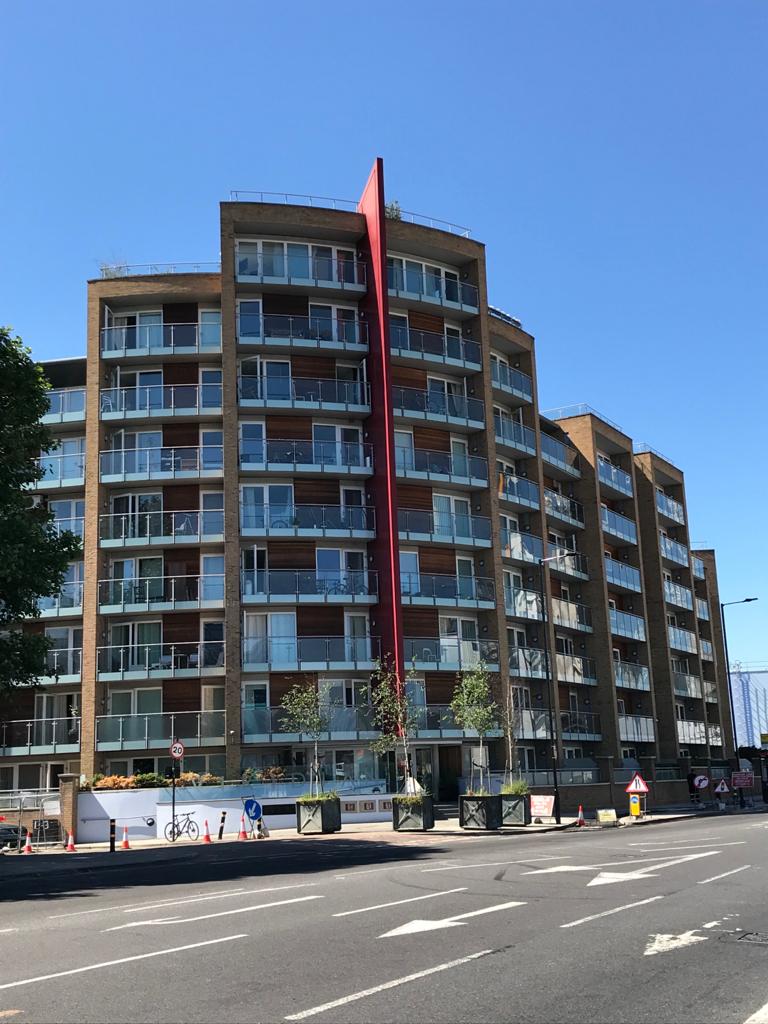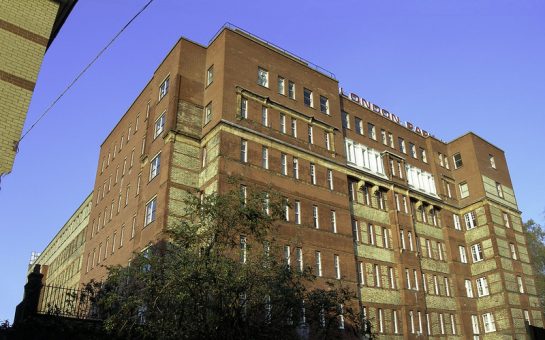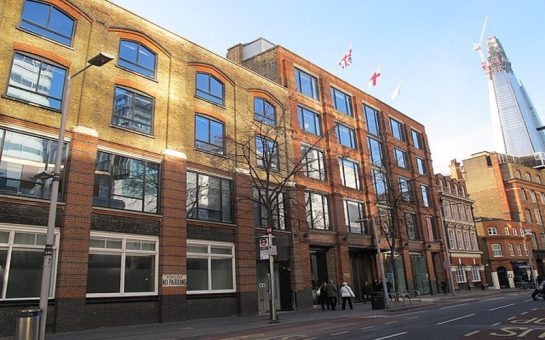Shared ownership residents in a Battersea estate claim they have been paying service fees of up to £550 per month for facilities they don’t have access to, including a 24-hour concierge, a ‘communal’ courtyard, and a roof garden.
Viridian Apartments residents say that not only are they paying for services outside of their lease terms without knowing or intending to, Notting Hill Genesis is now attempting to change these terms to contractually include the service charges; threatening anyone who doesn’t agree with direct legal action.
Shared owners, many of whom are key workers and have asked that their identities be kept confidential, have not agreed to what they call “a heartless move” by the housing association, and are now anxiously awaiting the next steps.
A Notting Hill Genesis spokesperson said all its service charges are itemised but there was a drafting error in the initial lease that it has applied to get amended.
They said they were not pursuing legal action and will be organising a meeting with residents.
Shared ownership means the housing association owns a certain amount of the property with the residents buying the rest and then paying rent to the housing association for the share they don’t own.
A resident who moved to the estate just over two years ago said: “It feels like we are under attack by a big company that has much more power than we do and we are going to have to be really coordinated in how we try to fight back.”
Shared owners claim they have had to pay £2,000 collectively to get last-minute legal support for their case, and are afraid the housing association will continue to pressure them into agreeing.
“They have been aggressive in pointing out that they will come after us individually if we don’t accept their terms,” the same resident said.
Viridian Apartments is one of many estates in the area with a mix of privately owned and ‘affordable’ shared ownership flats, and in principle should have varying service costs and access to facilities.
But many shared owners report increasing fees with little to no maintenance to their block and no access to services or facilities, apart from parcel collection via the concierge for which they are made to ring the private block’s doorbell every time.
“It’s a bit like the building down the road telling us we need to pay their service charges for them,” a shared owner said.
While privately owned blocks are frequently refurbished, shared owners say they have had to issue breach of lease notices to get structural issues fixed.
Most of the residents say they wouldn’t want access to the extra services and facilities as they find the charges too high.
“£306 per month in service fees is almost like a small mortgage,” a shared owner working as a teacher said.

One shared owner said that in order for them to access the courtyard or roof garden a whole wall would need to be knocked down, and a new door built as they have a separate entrance on a side street.
Many have plans to eventually sell their flats, either to move elsewhere or scale up – a plan they claim is becoming increasingly difficult due to the high charges and lack of services offered in return.
“It’s stressful for my wife and I, we’re wondering what the impact would be to agree to the new terms and whether it would affect the potential future sale of our property, that’s a huge concern,” said another shared owner.
Shared owners claim they have also repeatedly been denied access to the residents’ association meetings which take place regularly to discuss maintenance issues for all the blocks.
“People who can actually afford to buy outright are getting subsidised by key workers,” said a shared owner working for the NHS.
A shared owner working in higher education said: “We would not have bought our flat had we known how poorly it would be managed or how costly it would be to live here.”
Although shared owners say they have tried to raise complaints and speak to Notting Hill Genesis representatives, they claim there has been virtually no direct communication and the legal letter was sent from the housing association’s solicitors.
The residents say this is symptomatic of their relationship with the housing association from day one and point out the difficulties they have had in seeking clarity about the charges they have been paying, reconciling budgets, or getting anything repaired in their block.
“It’s almost impossible to speak to anyone, it’s clouded in darkness and a lack of transparency and clarity, it’s not easy,” said a shared owner.
A Notting Hill Genesis spokesperson said: “All our service charges are itemised and set out what leaseholders pay for and the exact sums.
“If leaseholders feel any of those charges are inaccurate or for services they have not received, they can challenge it by speaking to their local officer.
“At the scheme in question there has been an issue where the initial leases contained a drafting error and we have informed leaseholders that we will be applying for a variation to the lease to correct that error.
“We are not taking legal action against residents – the letter came from our solicitors because formally varying the lease is a legal process.
“We apologise for any inconvenience the process may cause. We will hold a meeting with residents to further explain the situation and keep them updated throughout the process.”
Shared ownership schemes are advertised as affordable options for people trying to get onto the housing ladder. However, shared ownership residents at the estate are reluctant to recommend them.
A shared owner said: “It’s the only affordable option due to the housing shortage in London, but I would strongly advise people to be careful.”
Residents are also calling for support from the government to address this issue with their housing association.





Join the discussion
http://www.sharedownershipresources.org/faqs
Thanks for reporting on problems with the shared ownership scheme. Marketing campaigns promote short-term benefits of shared ownership without clearly explaining longer term costs and risks to first-time buyers.
It’s worth pointing out that shared owners don’t actually ‘own’ the percentage share they’ve taken out a mortgage to purchase. Their legal status is, in fact, assured tenant. Which is why so many housing associations refer to shared owners as residents or tenants, not as owners. After they’ve bought, though not generally beforehand….
Affordability is another tricky term. What Government and housing associations seem to mean by ‘affordable’ is the need for a smaller mortgage deposit to gain access to the scheme. But – due in part to higher than inflation contractual annual rent increases (RPI + 2% is fairly common) – shared ownership can very quickly become more expensive than renting privately or purchasing on the open market. Which, in turn, can make selling on difficult. It’s just one of the reasons the market for new-build shared ownership homes is more buoyant than the resales market. And, as this SW Londoner feature suggests, high service charges can also make affordability something of an empty promise.